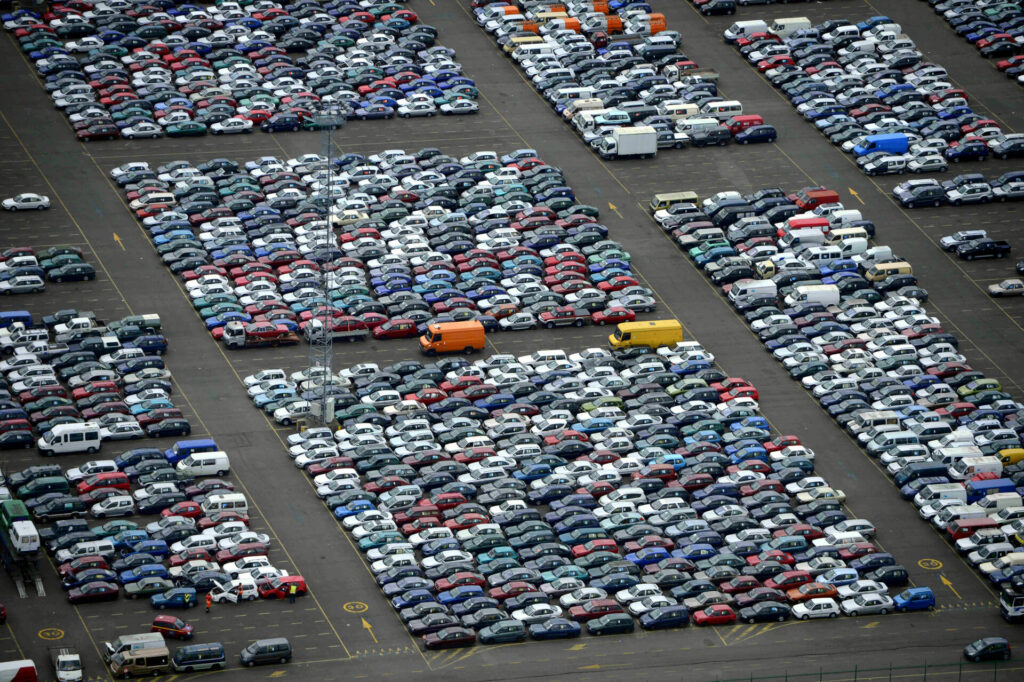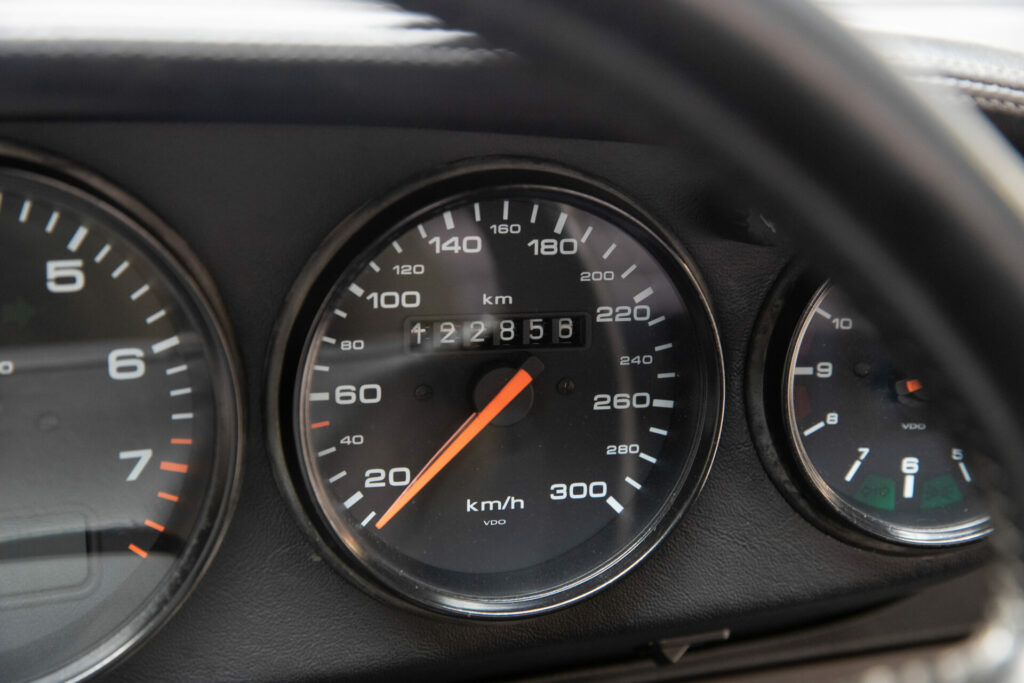2024 will see the introduction of the "Car-Pass" – a significant automotive regulation designed to enhance safety when making second-hand vehicle purchases. Essentially a certificate for used vehicles, the updated Car-Pass goes beyond merely recording odometer readings.
Companies will now need to have a comprehensive account of the maintenance work carried out on the vehicle – a much more stringent control that Michel Peelman, director of the non-profit organisation behind Car-Pass, recently described to Le Soir as a digital maintenance booklet.
In 2022 alone, a staggering 17.91 million meter readings were reported from 13,579 diverse sources, including technical inspections and garages. This expansion aims to provide buyers with a more comprehensive understanding of the vehicle's maintenance history, encompassing repairs and other relevant details.
Carrots and sticks
The revamped system is not only intended as a centralised vehicle history, it will also make it easier to track down abuses and issue penalties for infractions.
In theory, this will protect second-hand buyers from scams and also increase safety. But in practice concerns have been raised that whilst offenders stand to receive significant fines, the system is not sufficiently robust.
In particular, critics have highlighted resistance from vehicle manufacturers, who since 1 January 2020 have been legally obligated to transmit odometer readings from their connected models to Car-Pass each quarter (as have importers). However, Secretary of State for Consumer Protection Alexia Bertrand has expressed dissatisfaction with the failure of major manufacturers to comply.
Related News
- Driving on drugs: Foreign nationals face on-the-spot fines of €1,260
- The death of the affordable car? Car manufacturers hike prices far beyond inflation
This data flow is crucial to curb odometer fraud but it now has been revealed that manufacturers are neglecting this obligation, jeopardising the regularity of data and the integrity of the system. Despite reminders and warnings to non-compliant companies, a significant number of manufacturers remain reluctant.
This has led consumer rights organisations to challenge the move to impose fines on individuals with non-compliant vehicles, essentially because this is not their direct fault.

Used cars at Antwerp harbour, June 2015. Credit: Belga / Yorick Jansens
Belgium going its own way
Car-Pass has already engaged in dialogues with manufacturers, importers, and dealers to explain the new legal provisions following the law's implementation. But the measure is held back by the fact that other European countries do not have similar systems in place, complicating the process which is specific to Belgium.
Peelman told Le Soir that automatic data transfers accounted for less than 10% of total mileage readings in 2022 – a share that is growing but will be held back without the cooperation of carmakers. He emphasised the importance of the automatic data transfer, particularly for electric cars that are less frequently seen by garages for maintenance work.
The Economic Inspectorate has recognised the system's significant value for consumers buying used cars and advocates for ongoing education and enforcement of regulations to ensure the system's efficacy.

